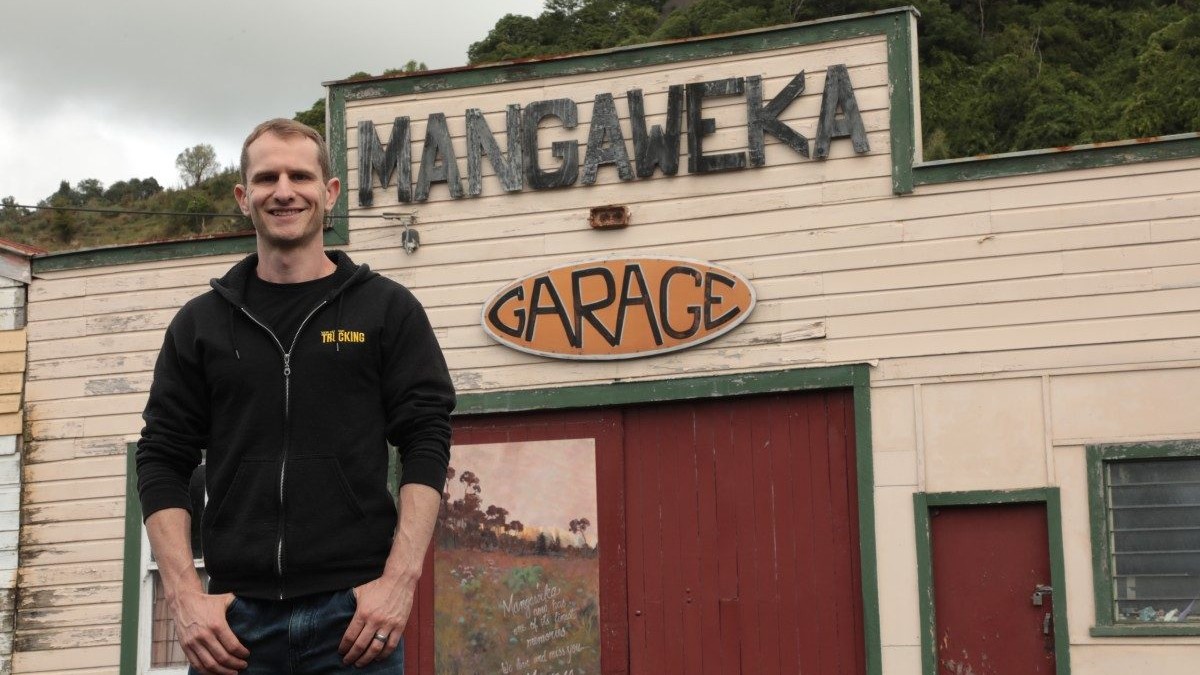
Before I get into the meat of today’s editorial, a quick congratulations to the team at Southpac Trucks for last Saturday’s KW100 event. As a gathering of the Kenworth faithful to celebrate the marque’s centenary, one could hardly have asked for better. The official number is 756 trucks in attendance, many of which would have been pulled out of work for two, maybe even three days. The weather wasn’t exactly what you’d call reliable, with three intense showers on the day, but that hardly seemed to dampen the atmosphere or prematurely chase public visitors away.
Spirits were high, the trucks were presented spectacularly, the atmosphere was truly celebratory – the day was all it was cracked up to be and, as I said last week, a representation of the enthusiasm for a brand that means so much to so many.
We’ll have a full report on the event in our March 2023 issue, on sale Thursday 7th, as well as a video highlights reel out soon.
Now for the serious stuff and again – perhaps regrettably – we’re talking about politics and policy … It’s been a busy, important week for the government, with Waitangi Day front and centre. But there have also been advancements in its 100-day action plan, with announcements made about the axing of Auckland’s regional fuel tax (RFT), the start of a “law and order crackdown”, refocusing of employment efforts and the welfare system, and a new fast-track consenting regime for infrastructure projects. It’s the two that directly relate to transport I’m most interested in now.
While Aucklanders will doubtlessly be pleased with a reduction in the cost of fuel, I was surprised to read in the government announcement that $341 million of the RFT has remained unspent. While Mayor Wayne Brown has made his disappointment in the decision clear, I can fully understand the appeal to government to have these funds spent on “mutual priority” transport infrastructure projects within the city.
The scrapping of Auckland’s RFT has followed shortly on from the announcement that electric and plug-in hybrid vehicles are to pay RUC from 1 April. I was amused to see the headline in EVs & Beyond, PHEV owners want to remove plugs to avoid RUC, and unsurprised by The Spinoff reporting “EV sales dropping like a stone”. As I’ve said, removing incentives and imposing restrictions will only reverse the impressive progress made in the uptake of these vehicles.
But the government’s plans need to be paid for somehow, and the announcement points to the eventual removal of fuel taxes in favour of a RUC system anyway, which may or may not level the playing field when it comes to personal vehicle-purchasing decisions. Personally, I think a RUC-based system makes sense from both a ‘pay-as-you-use’ perspective, and in a world transitioning between propulsion modes.
In its announcement to “establish a new fast-track consenting one-stop shop regime”, the government promises to “improve the speed and process for resource approvals for major infrastructure projects” and “supercharge New Zealand’s infrastructure and economic potential”. One can hardly argue with the ideals of reducing cost, time and restrictions to enable the delivery of critical projects within any sector.
While I agree with much of what Luxon and Co. have set out so far for roads, transport, infrastructure and vehicles, there are also some decisions I find to have been quite baffling. What’s needed is something to make sense of it all and tie all these manoeuvrings together. The Government Policy Statement on Land Transport that is set to be released in the coming weeks will no doubt make interesting reading and, hopefully, set the way forward. The proof will be in the ultimate delivery, though. And that goes for all the government announcements made recently. I wonder what I’ll be writing in a couple of years’ time…
Take care out there,
Gavin Myers
Editor
Read more
Passing on passing
0 Comments6 Minutes
Keeping up with the times
0 Comments4 Minutes
In the weeds
1 Comment4 Minutes



